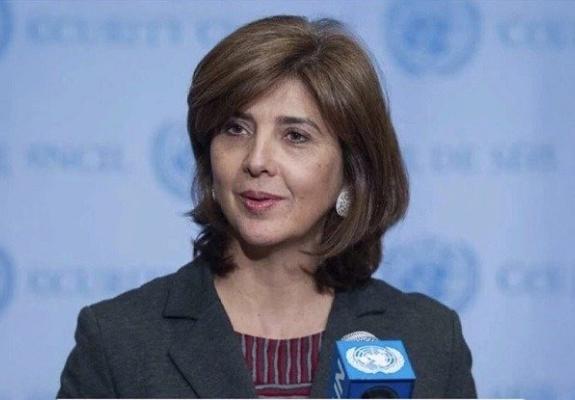Wizz Air’s Year In Review – Progress On ‘Flying Towards Sustainability’
Wizz Air, EMEA’s most environmentally sustainable airline, shares its 2024 sustainability journey under the framework of its branded annual report, "Flying Towards Sustainability." This progress reflects the ongoing commitment to reducing environmental impact, supporting communities, and advancing industry innovation.
Wizz Air remains committed to reducing CO2 emissions per revenue passenger kilometre (RPK) by 25% by 2030, a target aligned with long-term industry decarbonization goals. In 2024, the airline achieved a CO2 emissions intensity of 52 grams per seat per kilometre, which is the lowest in the industry. Key drivers include:
-
Fleet Modernization: Deliveries of Airbus A321neo aircraft increased their share of the fleet to over 60%, bringing the average fleet age to 4.6 years—well below the industry average of 10 years and more.
-
Recognition: Wizz Air received three major industry awards, including “Best Airline for Carbon Reduction” at the inaugural World Finance Carbon Awards, underscoring the effectiveness of its emissions reduction strategy.
-
Improved Transparency: The airline’s global environmental impact ranking with CDP improved to a B, reflecting advancements in data-driven climate action.
Aligned with its diversity target of reaching 40% female leadership by 2026, Wizz Air introduced the inaugural “Women on Air” event in March. This landmark initiative engaged 140 industry professionals, fostering dialogue on gender barriers and promoting leadership pathways. Currently, women comprise 40% of the airline’s Board of Directors, further underlining its dedication to equity in leadership.
Recognising the need to also reduce absolute emissions, in 2024, Wizz Air announced its aspiration of 10% SAF use by 2030. To assist this aspiration, the company engaged in innovative trials and partnerships:
-
SAF trials were conducted on two routes: Barcelona-Budapest and Brussels Charleroi-Budapest, in collaboration with Airbus and SAF producers to prepare for the EU SAF mandates.
-
Investments in SAF innovation, such as equity investments in Firefly Green Fuels and CleanJoule, positioned Wizz Air as a catalyst in accelerating SAF scalability.
Wizz Air's growth delivered tangible benefits to communities:
-
Mainatined network capacity and created over 8 thousand direct and 47 thousand of indirect jobs across local economies.
-
The Sustainability Ambassadors Programme, led by Wizz Air 24 crew members and office representatives, engaged in community-driven initiatives across 22 bases. This included waste reduction campaigns, educational projects, and impactful charity events. The airline launched second term of the program in July.
As a responsible corporate citizen, Wizz Air:
-
Participated in COP29, advocating for stronger SAF mandates, incentives for the ramp up in low carbon fuels and alternative fuels production, and sustainable carbon pricing mechanisms.
-
Welcomed SAF mandates in the UK and EU, emphasizing their importance in achieving net-zero aviation by 2050.
Yvonne Moynihan, Corporate and ESG Officer at Wizz Air, states: “Our progress in 2024 demonstrates commitment and collaboration across our teams and partners to achieve a green energy transition. By prioritizing fleet modernization, promoting gender diversity, scaling SAF adoption, and engaging with communities, we are creating a roadmap for a more sustainable aviation future. While much has been achieved, the road ahead demands further innovation and dedication, as well as addressing policy gaps, as we continue ‘Flying Towards Sustainability’.
By committing to purchasing SAF and encouraging producers to scale operations, Wizz Air aims to influence supply chain advancements that benefit not just the airline but the entire aviation sector. Beyond environmental benefits, these efforts have socio-economic impact: SAF scaling is expected to create thousands of jobs in renewable energy sectors across Europe, bolstering the continent's transition toward a green economy. By taking bold steps to integrate sustainability into every aspect of its operations, Wizz Air is not just reducing its own emissions but also setting new industry benchmarks.”





